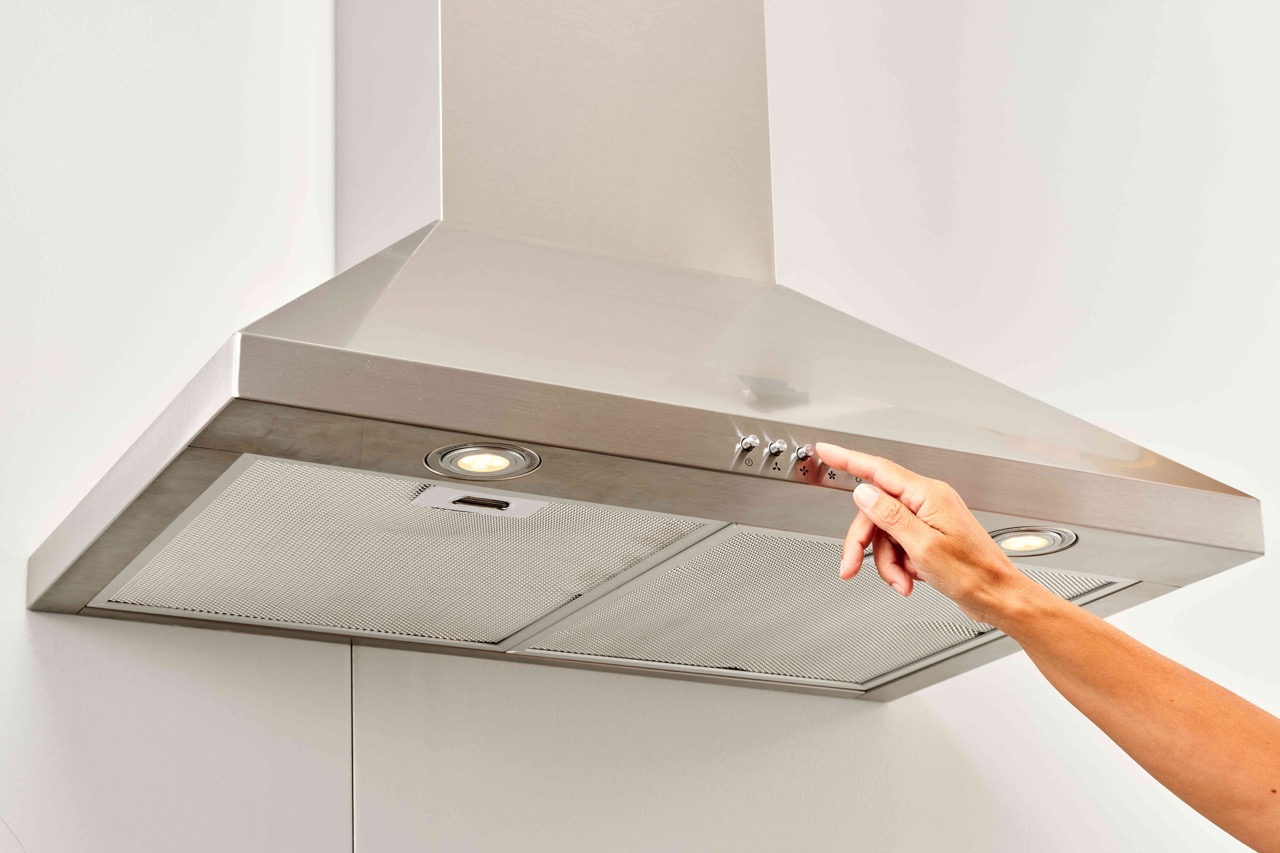

Articles
How Much Does It Cost To Install Range Hood
Modified: August 25, 2024
Looking for articles on the cost of installing a range hood? Find out the average prices and factors to consider in this comprehensive guide.
(Many of the links in this article redirect to a specific reviewed product. Your purchase of these products through affiliate links helps to generate commission for Storables.com, at no extra cost. Learn more)
Introduction
Installing a range hood in your kitchen can offer numerous benefits, from improving air quality to removing cooking odors and excess heat. If you’ve decided to upgrade your kitchen with a range hood, one of the first questions that may come to mind is: how much will it cost?
The cost of installing a range hood can vary depending on various factors, including the type of range hood, the complexity of the installation, and your location. In this article, we will delve into the different factors that can affect the cost of range hood installation, explore various range hood options and their price ranges, discuss additional costs to consider, and weigh the pros and cons of DIY installation versus hiring a professional.
By the end of this article, you’ll have a clearer understanding of the average cost to install a range hood and the factors to consider when deciding on the best option for your kitchen.
Key Takeaways:
- Installing a range hood involves various cost factors, including type, size, location, and additional expenses. Understanding these factors helps in budgeting and making an informed decision for a kitchen upgrade.
- When considering range hood installation, weigh the pros and cons of DIY versus professional installation. While DIY offers cost savings, professional installation provides expertise, time savings, and peace of mind.
Read more: How To Install ZLINE Range Hood
Factors that Affect the Cost of Range Hood Installation
When it comes to installing a range hood, several factors can influence the overall cost of the project. Understanding these factors can help you plan your budget and make an informed decision. Here are some key factors to consider:
- Type of Range Hood: The type of range hood you choose can greatly impact the cost of installation. There are various options available, including ducted range hoods, ductless range hoods, under-cabinet range hoods, and island range hoods. Each type has its own installation requirements and associated costs.
- Size and Complexity: The size and complexity of the installation can affect the cost. Installing a larger range hood or one that requires additional modifications, such as cutting through the ceiling or wall, may entail more labor and materials, thus increasing the cost.
- Location of the Range Hood: The location of the range hood in your kitchen can also impact the cost. If the range hood needs to be installed in a difficult-to-reach area or if the ductwork needs to be extended over a long distance, the installation process may be more time-consuming and costly.
- Power Source: Consider the power source required for your range hood. If you already have an existing electrical outlet or proper wiring for the range hood, the installation cost may be lower. However, if additional electrical work is needed, it can add to the overall cost.
- Ventilation System: If you opt for a ducted range hood, the presence of a ventilation system in your kitchen can affect the cost. A properly installed ventilation system is essential to ensure efficient airflow and remove cooking fumes. If your kitchen does not have a ventilation system in place, it may need to be designed and installed, adding to the overall cost.
- Permits and Regulations: Depending on your location, you may need to obtain permits and comply with local regulations for range hood installation. These additional requirements can increase the overall cost of the project.
It’s important to take these factors into account when budgeting for range hood installation. Discussing these details with a professional installer can help you estimate the total cost and ensure a smooth installation process.
Range Hood Options and Price Ranges
Range hoods come in a variety of styles, sizes, and price ranges. Understanding the different options available can help you choose a range hood that fits your needs and budget. Here are some common range hood options and their price ranges:
- Under-Cabinet Range Hoods: These range hoods are mounted underneath cabinets above the stovetop. They are a popular choice due to their affordability and easy installation. Under-cabinet range hoods generally range in price from $100 to $500, depending on the brand, features, and airflow capacity.
- Wall-Mount Range Hoods: Wall-mount range hoods are installed against the wall above the cooking area. They offer a sleek and modern look to the kitchen. The price range for wall-mount range hoods is typically between $300 and $1,500, depending on the size, materials, and ventilation power.
- Island Range Hoods: If you have a kitchen island with a cooktop, an island range hood is the perfect choice. These range hoods are designed to be suspended from the ceiling and provide effective ventilation for island cooktops. Island range hoods can range in price from $500 to $3,000, depending on the size, design, and features.
- Ducted vs. Ductless Range Hoods: Ducted range hoods require the installation of ductwork to vent cooking fumes outside the house. They tend to have higher installation costs due to the additional materials and labor involved. Ductless range hoods, on the other hand, recirculate filtered air back into the kitchen and are generally more affordable. The price range for ducted range hoods starts at around $200 and can go up to $2,000 or more, while ductless range hoods range from $100 to $800.
- High-End Designer Range Hoods: For those who want a range hood that combines functionality with a stylish design, high-end designer range hoods are available. These range hoods often feature premium materials, advanced filtration systems, and customizable options. Prices for high-end designer range hoods can start at $1,500 and go up to $10,000 or more, depending on the brand and customization options.
It’s important to note that the price ranges mentioned above are approximate and can vary depending on factors such as brand reputation, additional features, and installation requirements. It’s recommended to shop around, compare prices, and consult with professionals to find the best range hood option that fits your budget and meets your specific needs.
Additional Costs to Consider
When budgeting for range hood installation, it’s important to consider any additional costs that may arise during the process. These costs can vary depending on your specific situation and requirements. Here are some common additional costs to keep in mind:
- Installation Labor: While some homeowners may choose to install the range hood themselves, hiring a professional installer is recommended for a seamless and efficient installation. The cost of installation labor can vary depending on factors such as location, complexity of the installation, and hourly rates of the installer. It’s a good idea to get quotes from multiple installers to compare prices and choose the best option.
- Ductwork Installation: If you opt for a ducted range hood, installing the necessary ductwork to vent the air outside can be an additional cost. The price of ductwork installation can vary depending on factors such as the size of the kitchen, ease of access for installation, and materials used. It’s advisable to consult with a professional to determine the specific cost of ductwork installation.
- Electrical Work: Depending on your kitchen’s electrical setup, you may need to hire an electrician to install new wiring or outlets for the range hood. The cost of electrical work can vary depending on the complexity of the job and local electrical rates. It’s important to consult with an electrician to assess your electrical system and provide an accurate cost estimate.
- Permits and Inspections: In some areas, permits and inspections may be required for range hood installation. The cost of permits can vary depending on your location and the specific requirements. Additionally, some jurisdictions may require a final inspection to ensure the installation meets safety and building code regulations. It’s important to factor in the cost of permits and any associated inspections when planning your budget.
- Accessories and Upgrades: Depending on your preferences, you may choose to include additional accessories or upgrades with your range hood installation. These can include features like built-in LED lighting, remote controls, or special filters. The cost of accessories and upgrades will vary depending on the specific options you choose.
By considering these additional costs and factoring them into your budget, you can ensure that you have a realistic estimate of the total cost of range hood installation. It’s always a good idea to consult with professionals and get multiple quotes to get a clear understanding of the potential expenses involved.
When budgeting for a range hood installation, consider the cost of the hood itself, installation labor, any necessary ductwork or electrical work, and potential additional expenses for custom or complex installations. It’s also important to factor in any potential maintenance or repair costs in the long run.
DIY vs Professional Installation: Pros and Cons
When it comes to range hood installation, you may be tempted to save some money by opting for a do-it-yourself (DIY) approach. While DIY installation can be a viable option for some homeowners, it’s important to weigh the pros and cons before making a decision. Here are the advantages and disadvantages of both DIY and professional installation:
Read more: How To Install Range Hood Insert
DIY Installation:
- Cost Savings: One of the main advantages of DIY installation is the potential cost savings. By eliminating the need to hire a professional, you can save money on labor costs.
- Flexibility and Convenience: DIY installation allows you to work at your own pace and schedule. You have the flexibility to choose the timing and can adjust the process as needed.
- Learning Opportunity: Installing a range hood on your own can be a valuable learning experience. It allows you to familiarize yourself with the installation process and gain hands-on knowledge about your kitchen’s ventilation system.
However, there are also some potential drawbacks to DIY installation:
- Lack of Expertise and Equipment: Unless you have experience in range hood installation, you may lack the specialized knowledge and tools required to complete the task effectively. Improper installation can result in issues such as poor ventilation, improper electrical connections, or even damage to your kitchen.
- Time and Effort: DIY installation can be time-consuming, especially if you are unfamiliar with the process. It may require multiple attempts, leading to frustration and extended project timelines.
- Safety Concerns: Working with electrical wiring and ventilation systems can pose safety risks. If you’re not confident in your abilities or unsure about local regulations, it may be safer to leave the installation to a professional.
Professional Installation:
- Expertise and Experience: Professional installers have the knowledge, skills, and experience to ensure a proper and efficient installation. They understand the intricacies of range hood installation and can handle any challenges that may arise.
- Time and Convenience: Hiring a professional installation team frees up your time and eliminates the hassle of managing the project yourself. They can complete the installation quickly and efficiently, minimizing disruptions to your daily routine.
- Warranty and Guarantee: Professional installers often provide warranties or guarantees on their workmanship. This offers peace of mind knowing that any potential issues will be resolved by the professionals.
However, professional installation does come with some considerations:
- Higher Cost: Hiring professionals for range hood installation will typically incur higher costs compared to DIY. You will need to account for labor fees in your budget.
- Limited Flexibility: When working with professionals, you may have limited control over the project timeline and specific installation details. It’s important to communicate your preferences and expectations clearly before hiring them.
Ultimately, the decision between DIY and professional installation depends on your skill level, comfort with complex installations, and budget constraints. It’s advisable to assess your abilities honestly and consider the potential risks before making a decision. Consulting with professionals can provide valuable insights and help you make an informed choice that suits your needs.
Conclusion
Installing a range hood in your kitchen can improve air quality, remove cooking odors, and enhance the overall functionality and aesthetics of your space. However, it’s important to consider the cost factors and weigh the options before undertaking the installation project.
Factors such as the type of range hood, size, complexity, location, power source, and ventilation system can affect the overall cost. By understanding these factors, you can plan your budget accordingly and avoid any unexpected expenses.
Range hoods come in a wide range of options and price ranges, from under-cabinet to wall-mount and island hoods. Each type has its own features and cost considerations. It’s advisable to research and compare different models, taking into account your specific needs and budget.
In addition to the cost of the range hood itself, there are additional costs to consider, such as installation labor, ductwork installation, electrical work, permits, inspections, and any accessories or upgrades you may choose.
When it comes to the installation process, you have the choice of DIY or professional installation. While DIY may provide cost savings and a learning opportunity, professional installation offers expertise, time savings, and peace of mind. Assess your skills, knowledge, and comfort level with complex installations before deciding on the best approach.
In conclusion, installing a range hood can be a valuable investment in your kitchen. By considering the factors, researching range hood options, and evaluating the pros and cons of DIY versus professional installation, you can make an informed decision that suits your budget and meets your specific needs. Whether you choose to take on the installation yourself or hire a professional, a properly installed range hood will enhance your cooking experience and improve the overall environment in your kitchen for years to come.
Frequently Asked Questions about How Much Does It Cost To Install Range Hood
Was this page helpful?
At Storables.com, we guarantee accurate and reliable information. Our content, validated by Expert Board Contributors, is crafted following stringent Editorial Policies. We're committed to providing you with well-researched, expert-backed insights for all your informational needs.
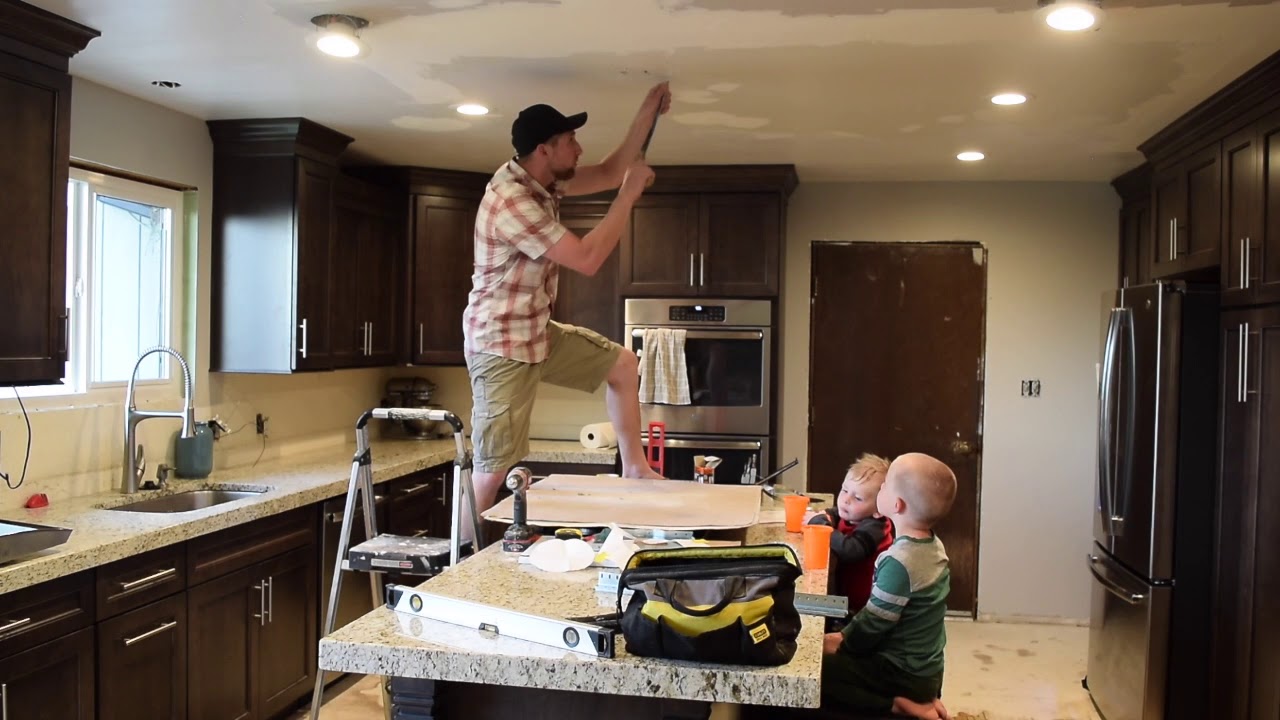
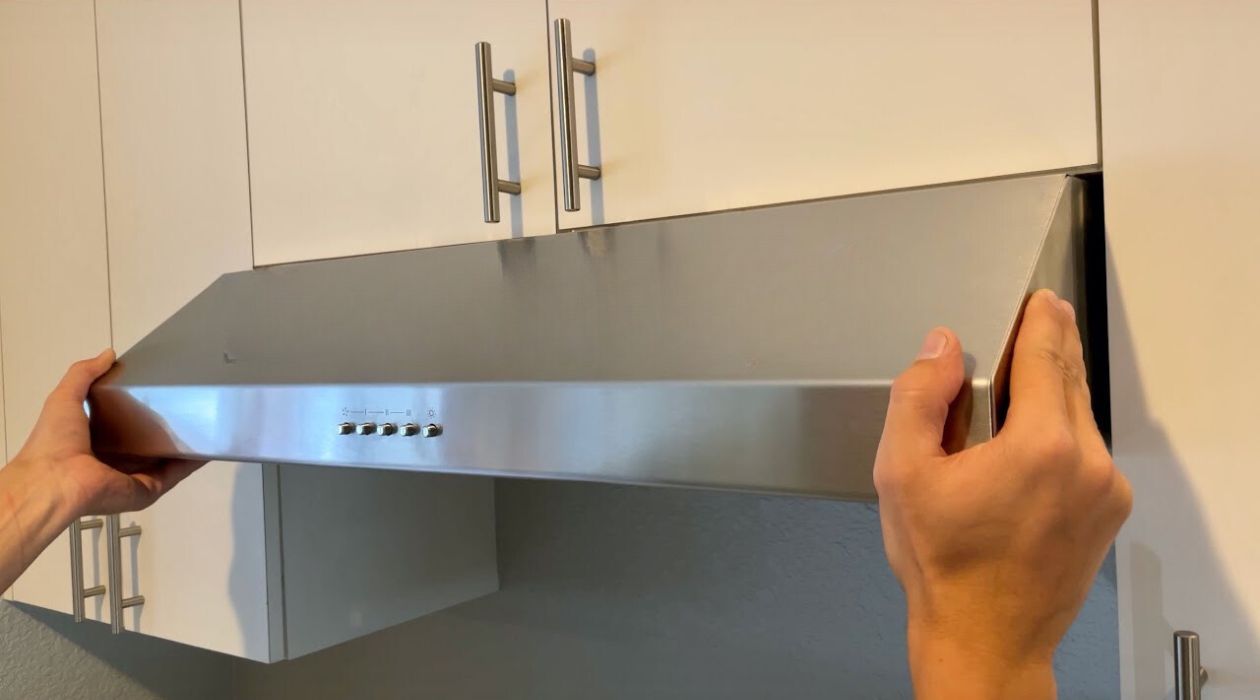
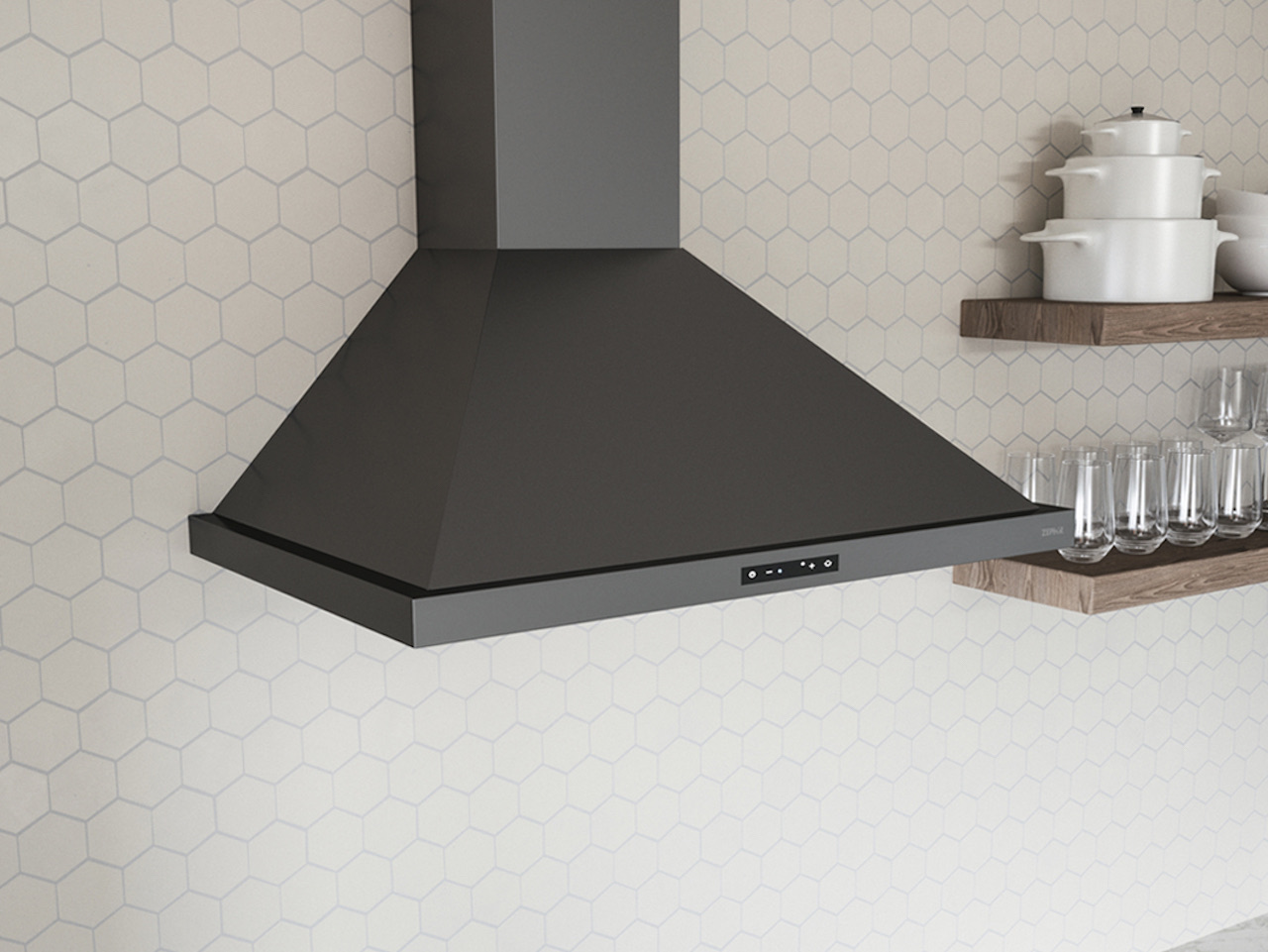
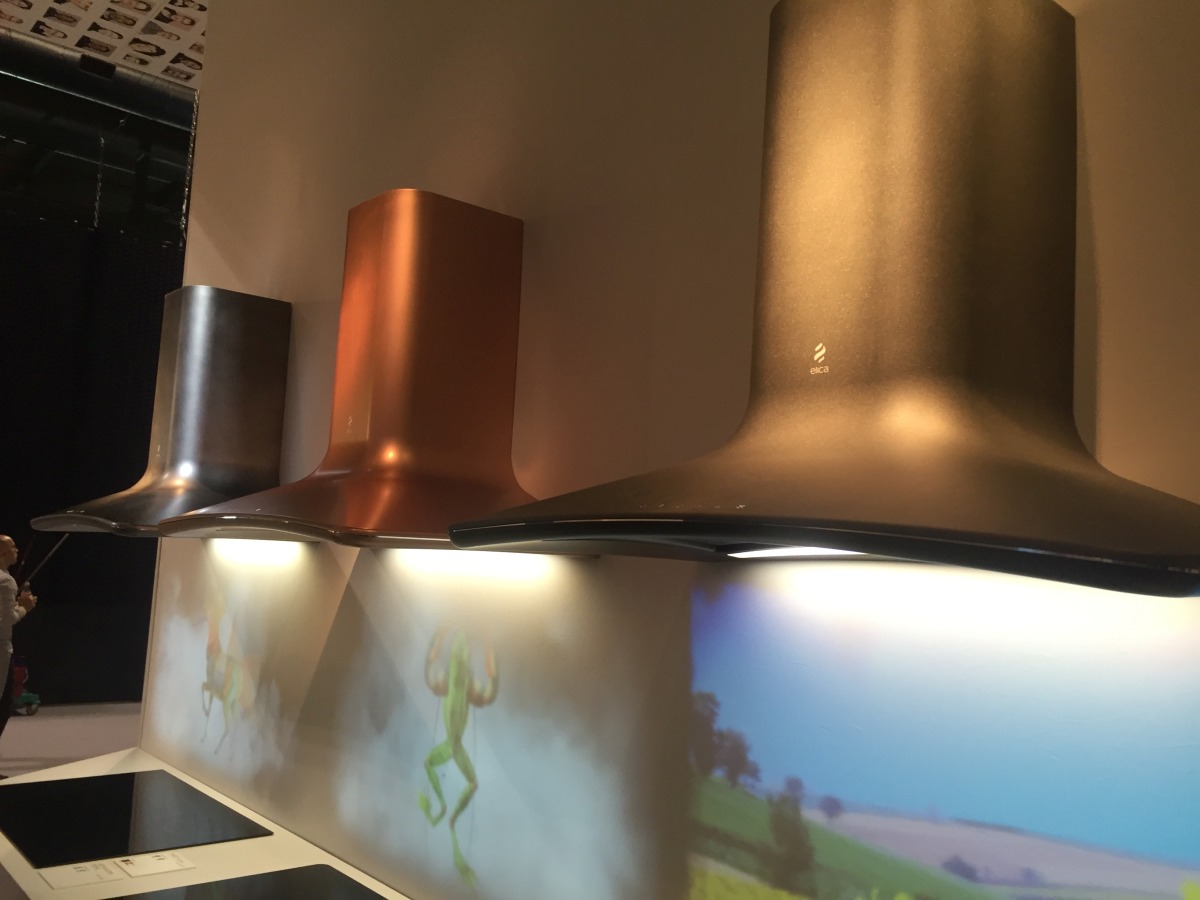
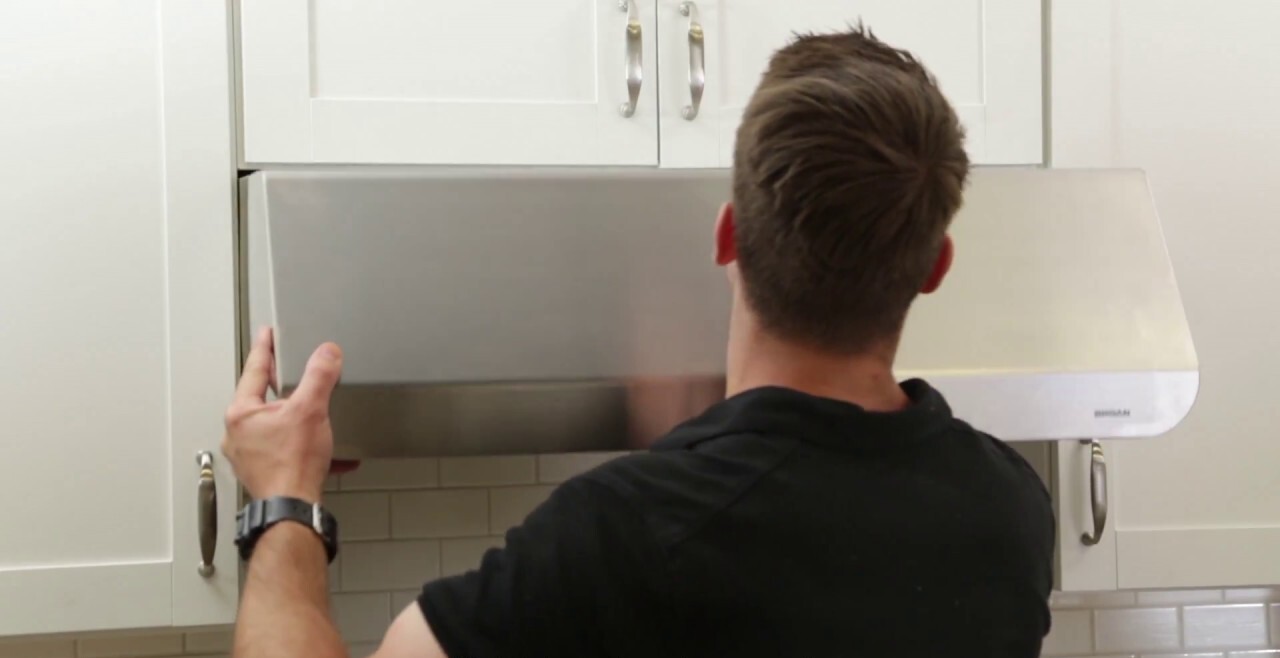
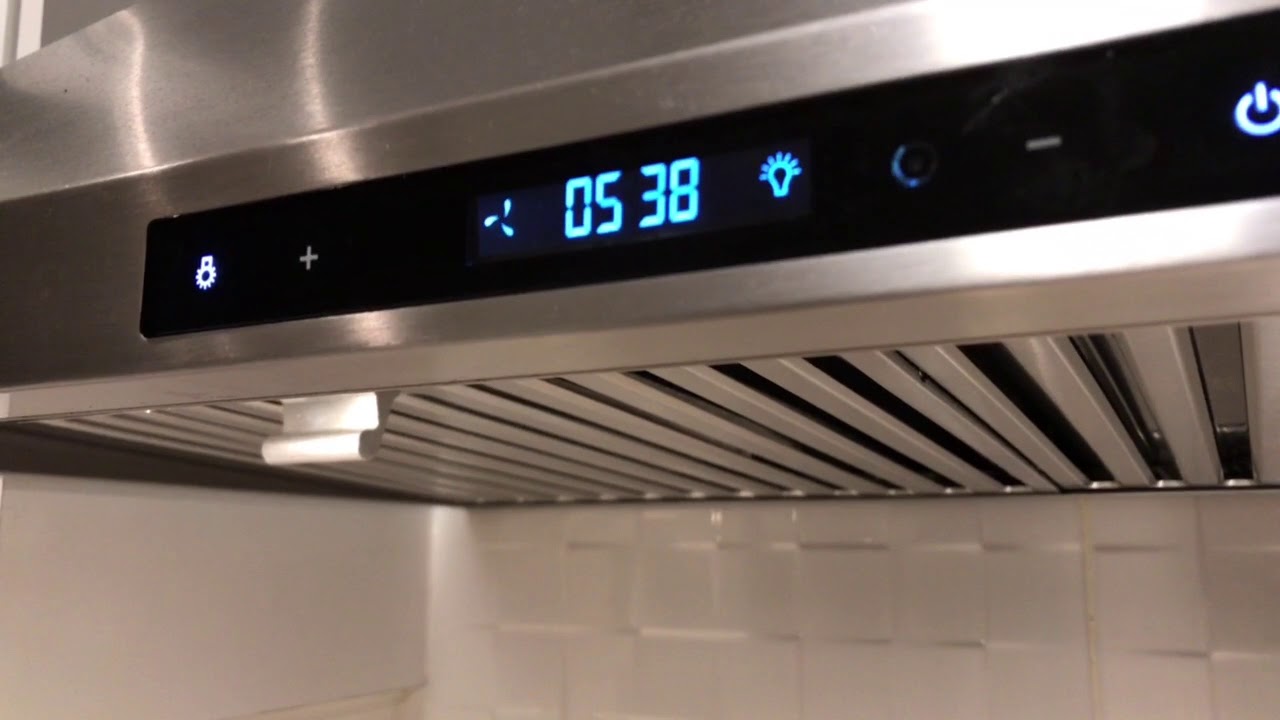
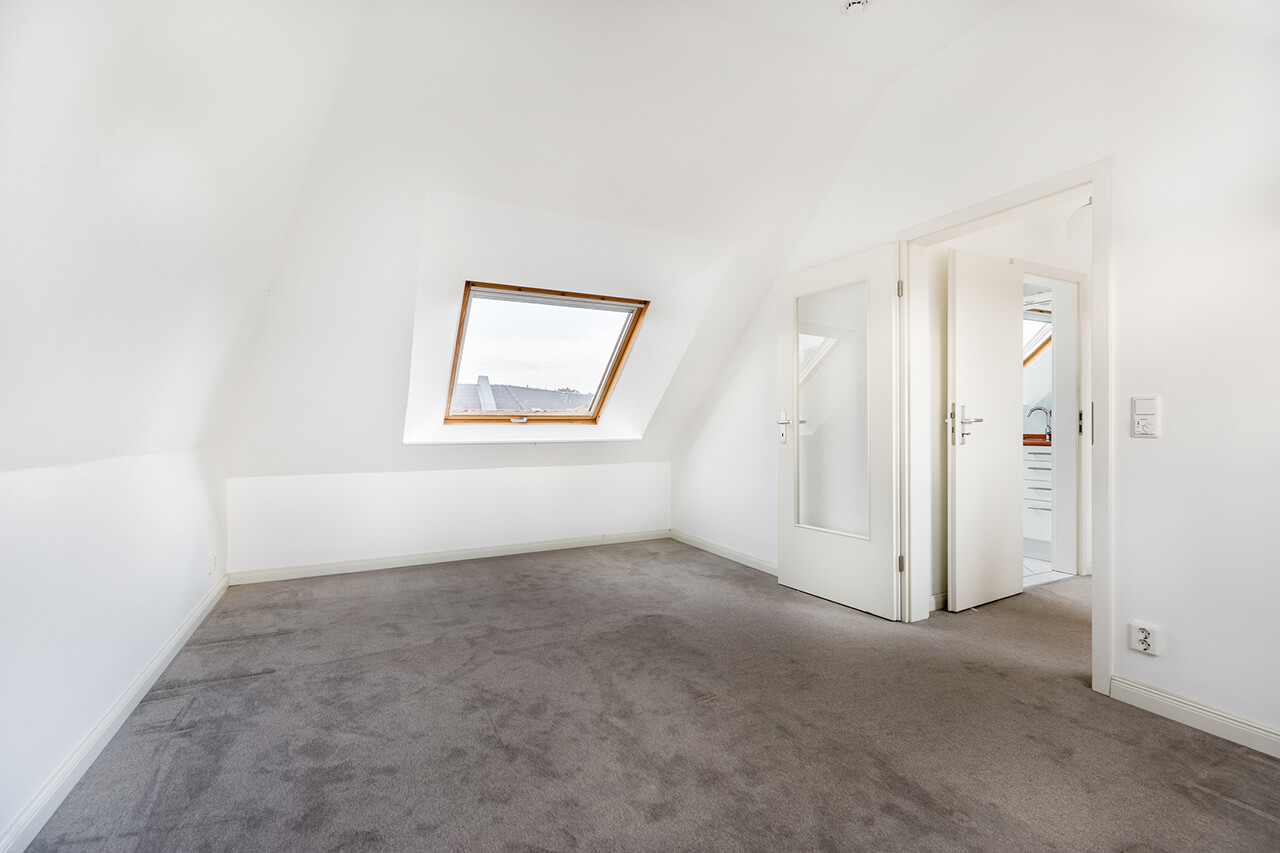
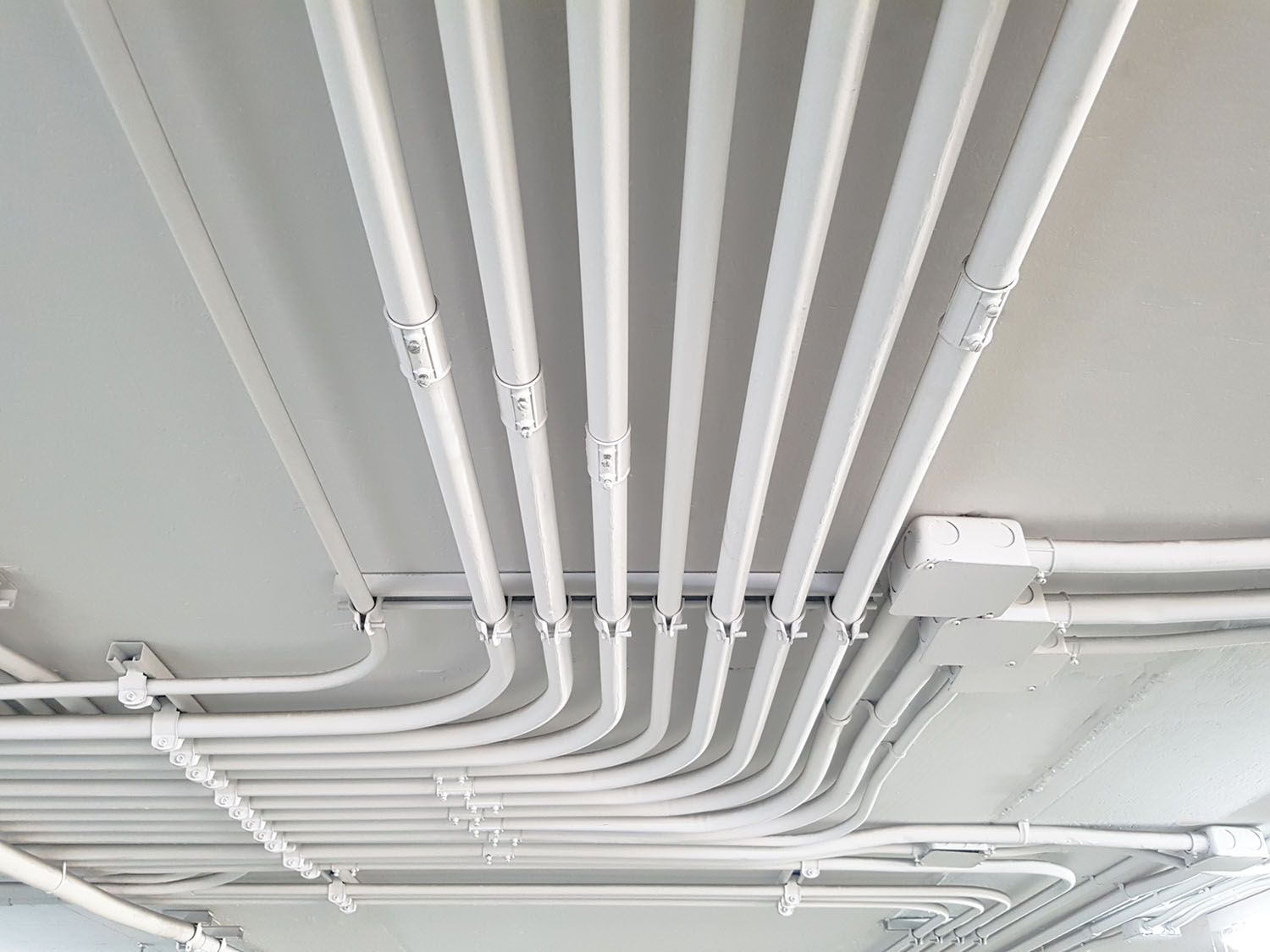
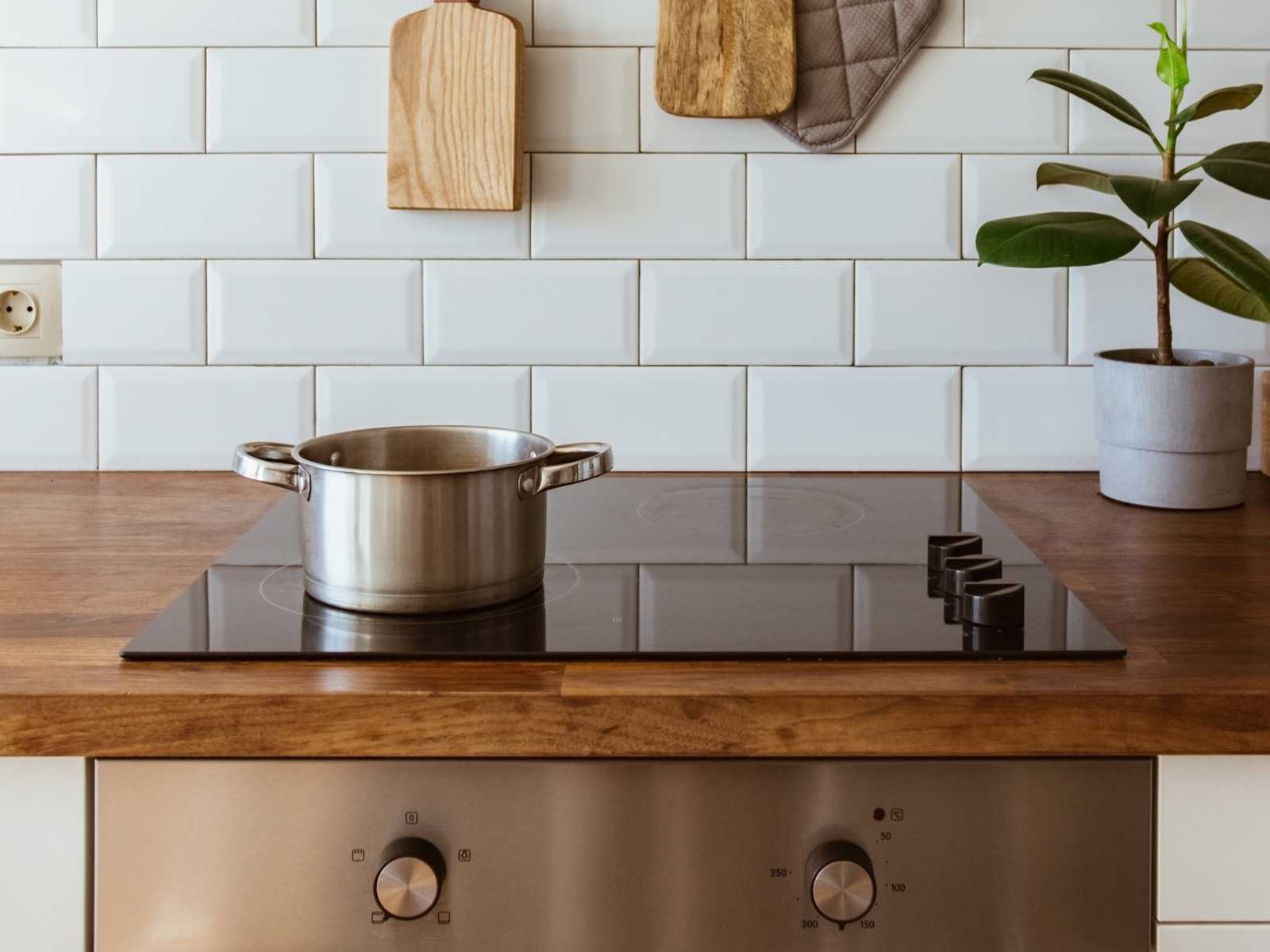
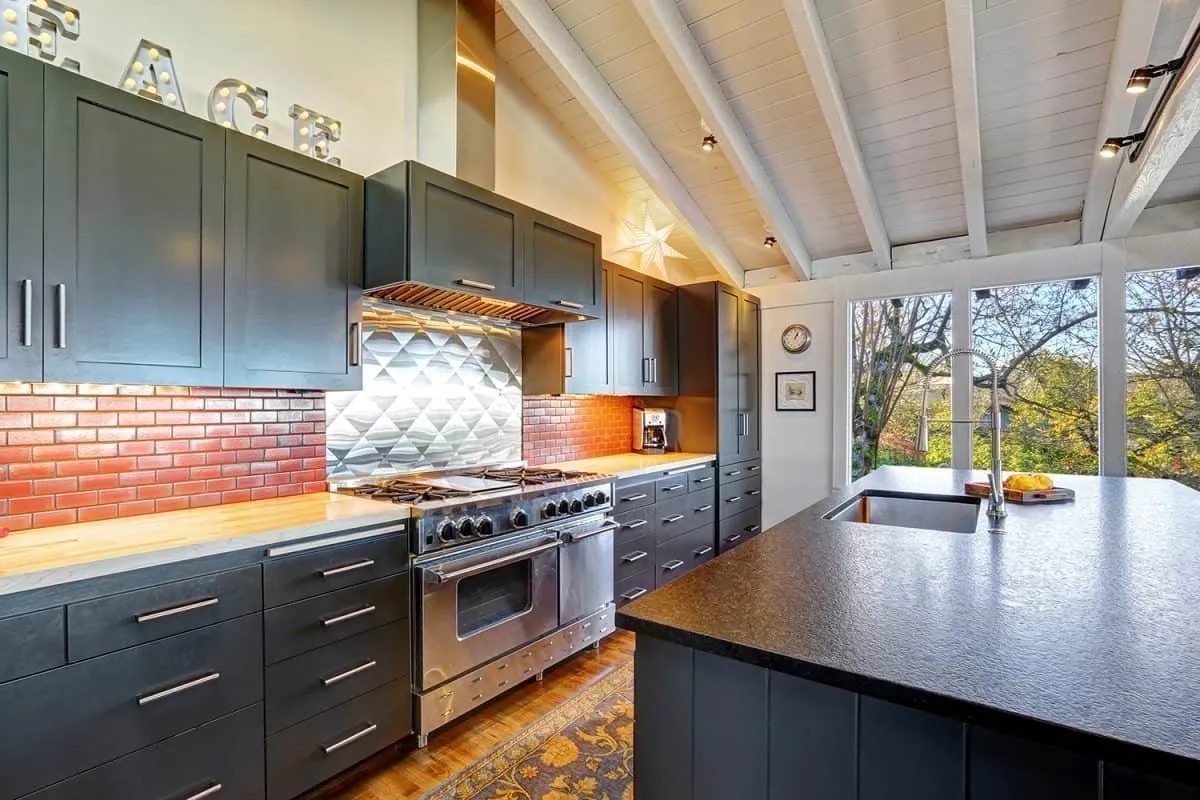
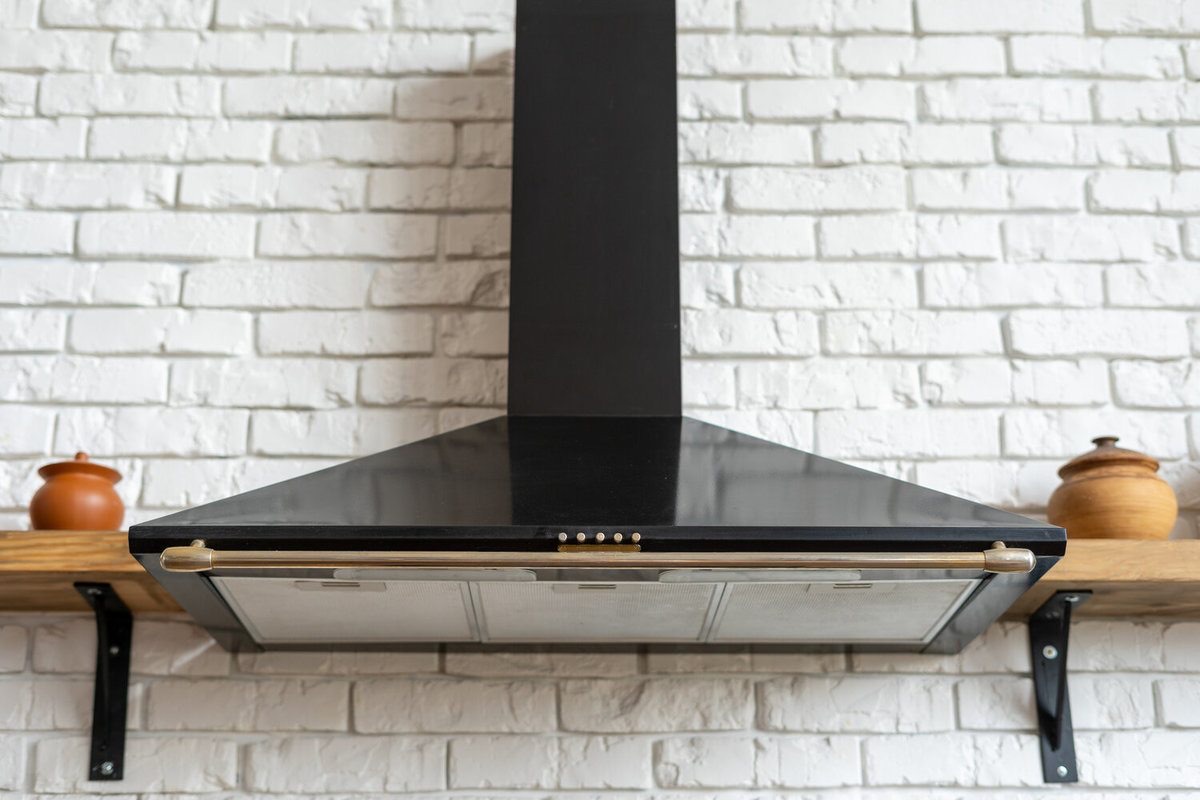
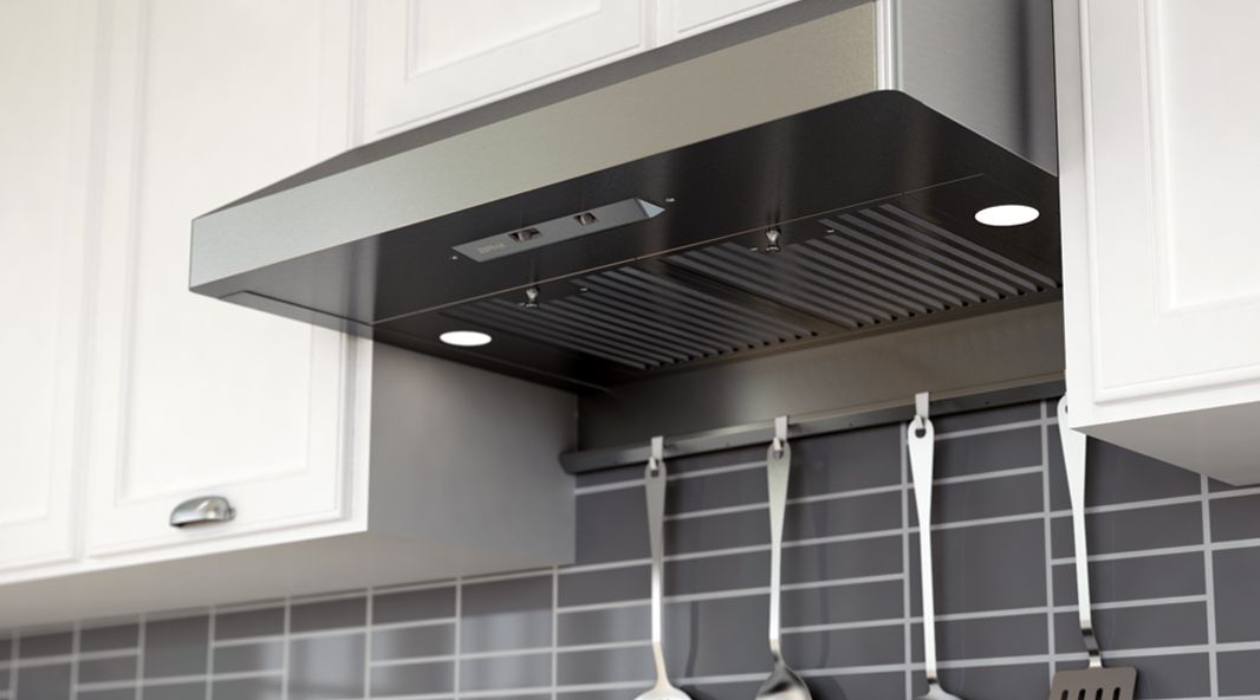
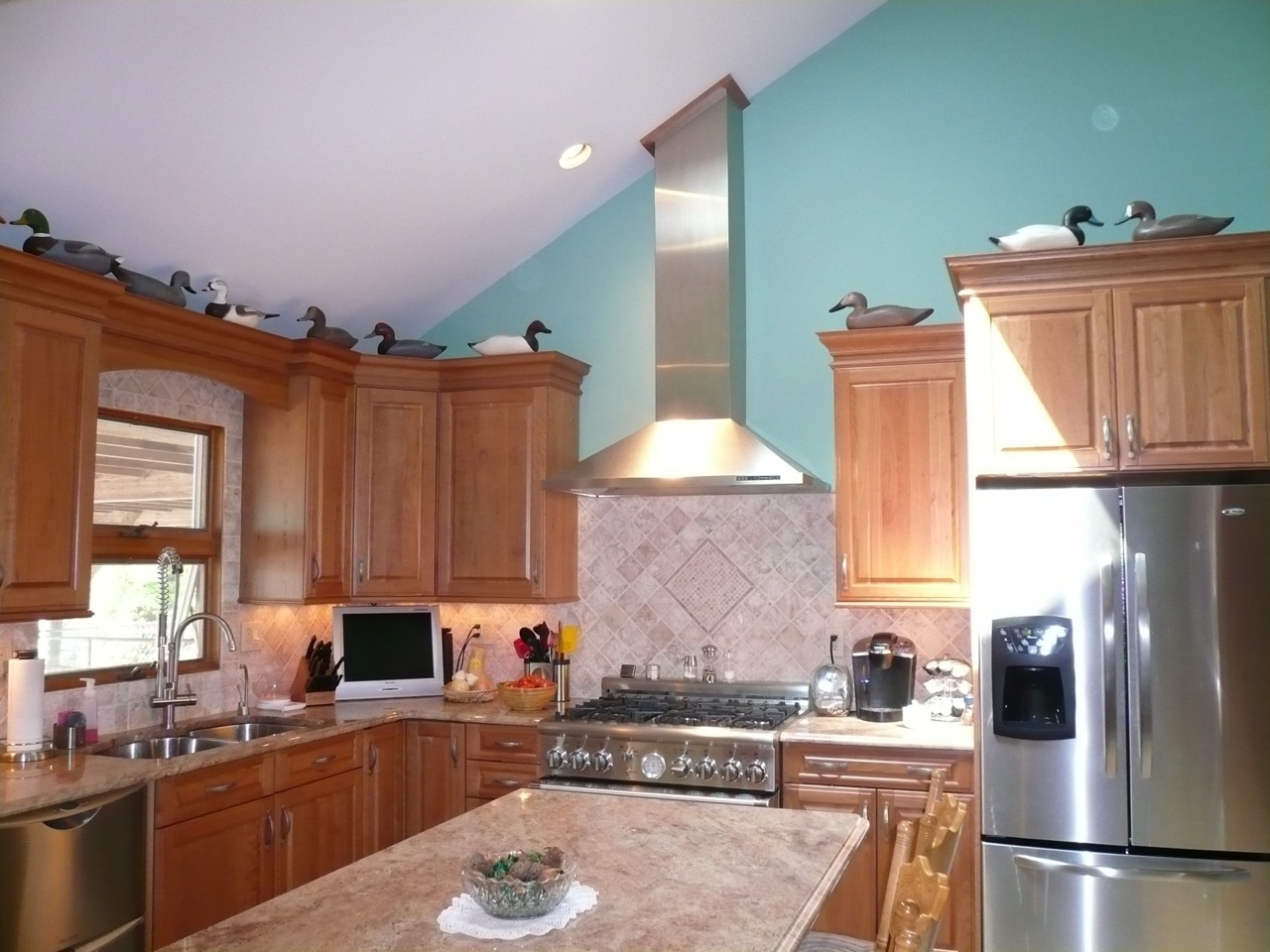
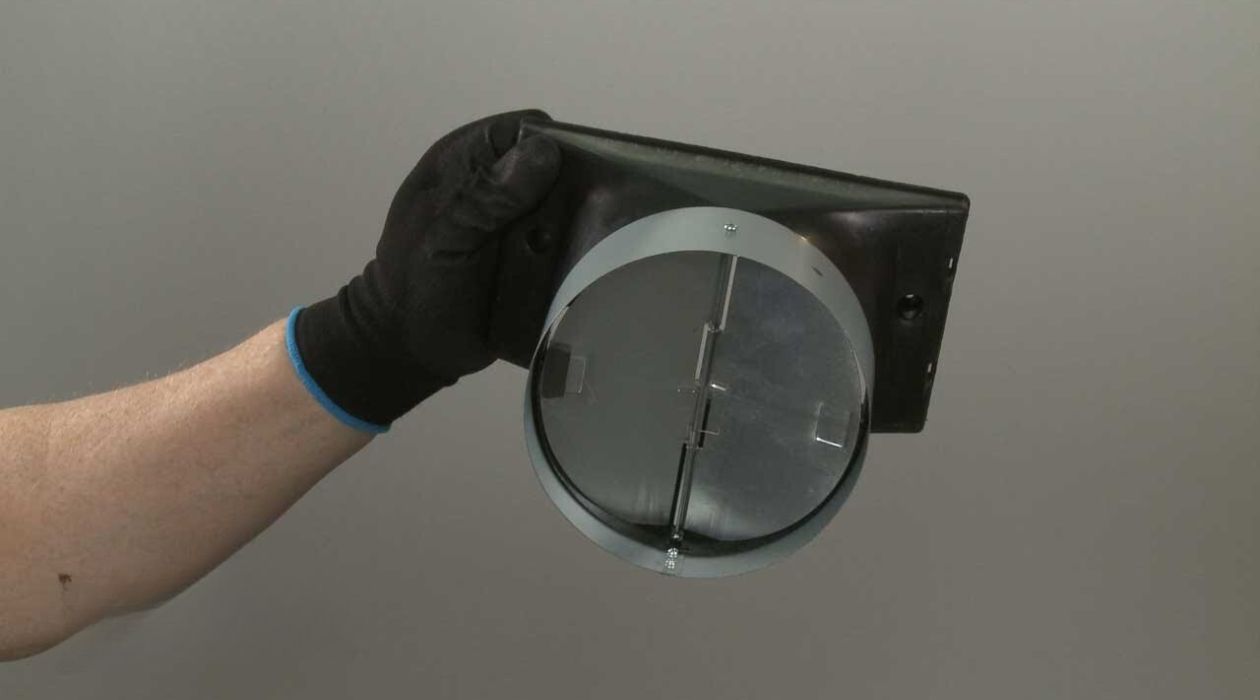

0 thoughts on “How Much Does It Cost To Install Range Hood”